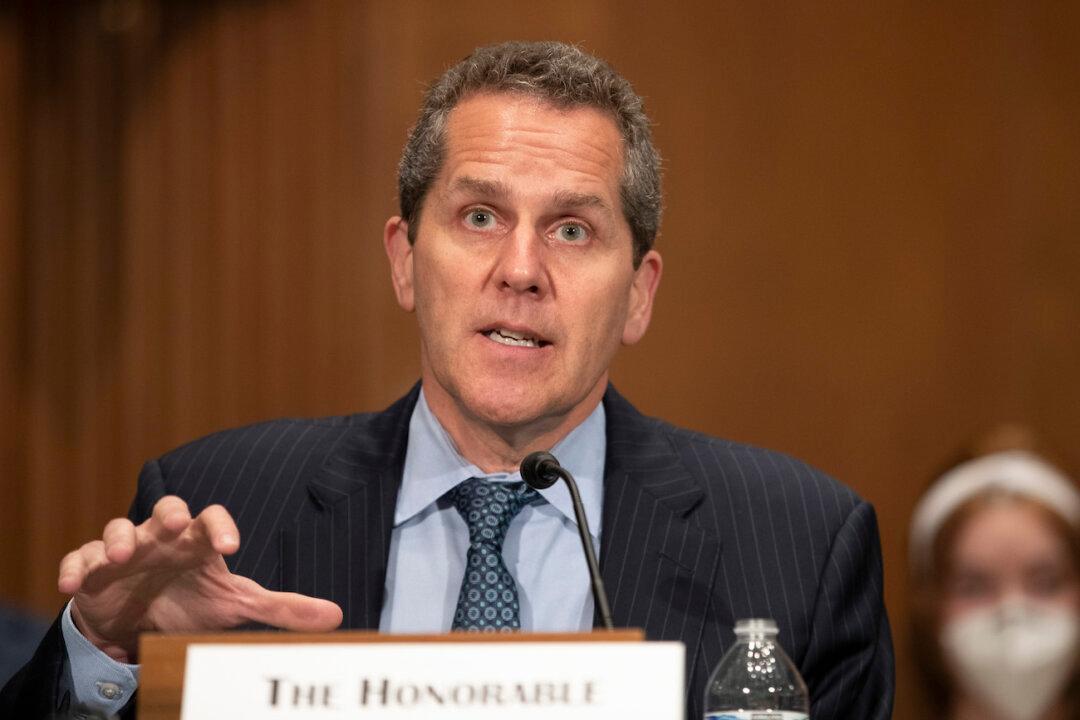The U.S. Senate has voted to confirm Michael Barr as the vice chairman of supervision at the Federal Reserve, one of the most important financial regulatory roles in the country, amid rising interest rates and the worst inflation in four decades.
The Senate on July 13 voted 66–28 to approve Barr, a former Obama administration official, as a member of the Federal Reserve’s Board of Governors.




